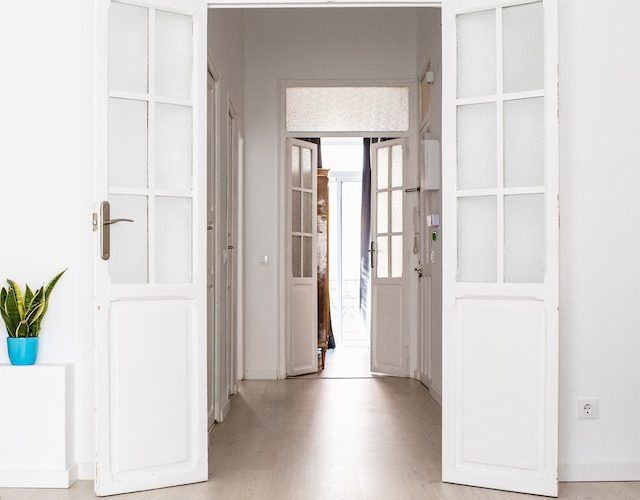The purchase of a home is one of the most important decisions a person will make throughout their life. Before taking any step, it is necessary to know what our rights (and obligations) revolve around this operation.
In addition to being alert to misleading advertising or unfair terms, the buyer must be aware of other issues such as the regulations governing his right to be informed and / or to claim or about the obligations established in the deposit contract and in the purchase contract.
Getting started. Identify risk factors
The purchase of the house is not without risks. To avoid future problems, we must take into account:
- That the property is free of charges and encumbrances. For this we will ask for a simple note of the property in the Property Registry Office that corresponds to it.
- Check if there are debts inherent to the property.
- The earnest money contract. Through this document the rights of the buyer and the seller are safeguarded. Seek advice before signing this contract.
- If you are going to apply for a mortgage, find out the conditions of the loan beforehand. Read the European Standard Information Sheet carefully. It is a document that the bank will give you with the main conditions of the loan that will grant you.
- Contract of sale. You will need to check the price, the obligations of both parties, their registration, etc.
Main rights of the buyer of the home
Right to lawful
advertising Law 18/2007 establishes that advertising aimed at the sale or rental of homes must comply with the principles of veracity. As buyers we have the right to receive truthful information about the properties that are promoted.
Article 58.4 of the law also states that: “the data, characteristics and conditions relating to the construction, location, services, facilities, acquisition, use and payment of the dwellings included in the offer, promotion and advertising are subsequently required by the buyer, even if they do not expressly appear in the transfer contract”.
Right to information The buyer has the right to know all the information
related to the home he is going to acquire. To do this you must obtain a simple note in the corresponding registry. It is also advisable to ask the president of the community for a certificate attesting that the seller is up to date with all payments.
Right not to assume abusive clauses
According to article 82.4 of the General Law for the Defense of Consumers and Users, those clauses that limit the rights of the consumer and determine the lack of reciprocity in the contract are considered abusive. Those included in the contract of sale must be clear and simple. In case of any doubt, the interpretation that is most favorable to the buyer will always prevail.
Right to complain
If after the purchase, the owner observes deficiencies in the property or that any of the conditions established in the contract are not met, he has the right to file a claim.
If it is a new home there are three types of guarantee:
- One year for the defects of execution that affect the finishing elements of the works: baseboards or tiles poorly placed.
- Three years for the material damage caused to the building by construction defects: humidity, failures in some of the facilities, etc.
- Ten years for the material damage caused to the property by defects affecting the foundation, supports, beams, etc. We talk about cracks, subsidence, fissures, etc.
- Fifteen years for breaches of agreements and clauses of the contract of sale.
In the case of buying a home from an individual, hidden defects can also be claimed. These are defined as defects that cannot be detected at first sight. The claim period is six months from the time of purchase.
Other rights to consider
- The buyer may refuse to receive the property partially. That is, as long as the contract stipulates that all elements that are part of the property will be delivered in full: for example, a garage or a storage room.
